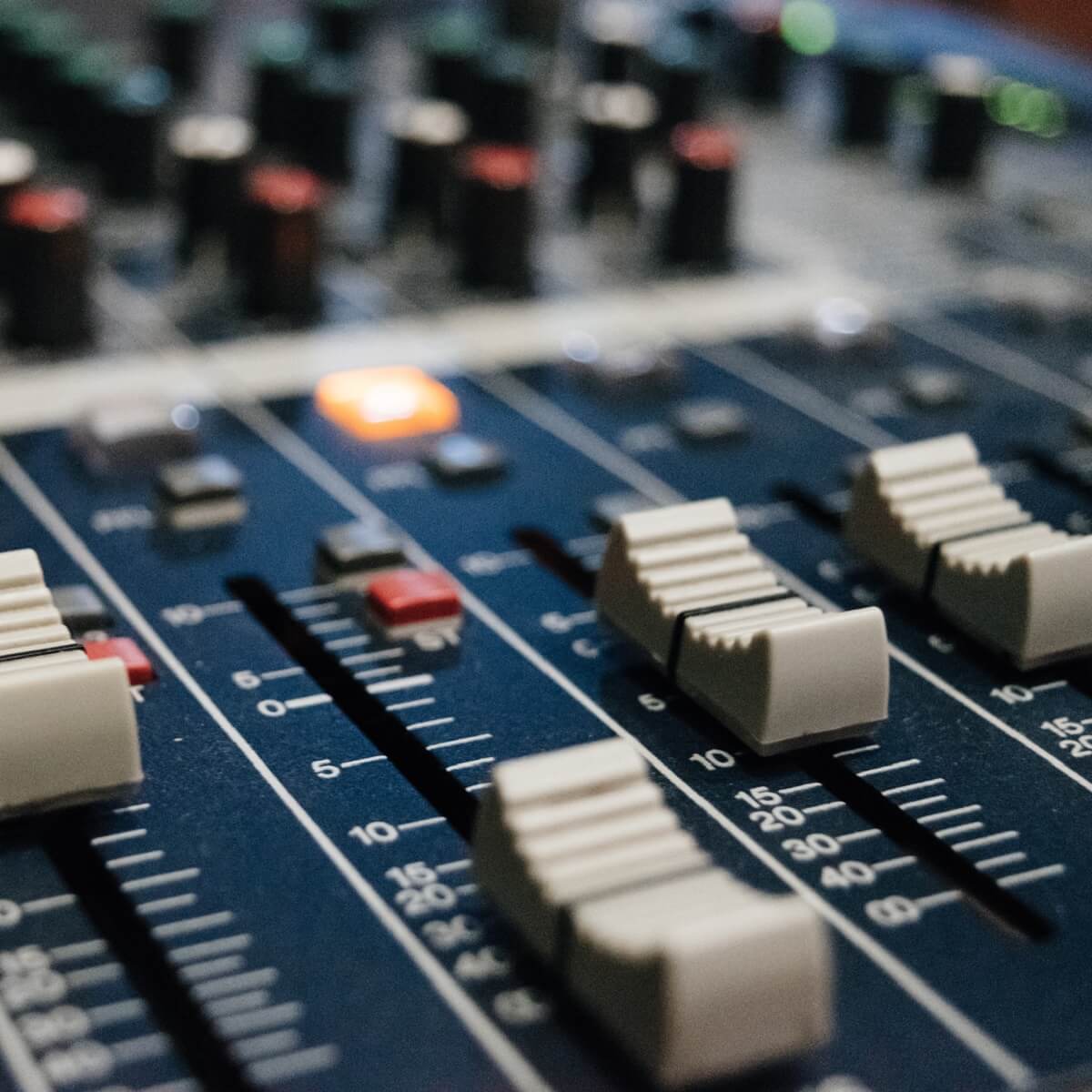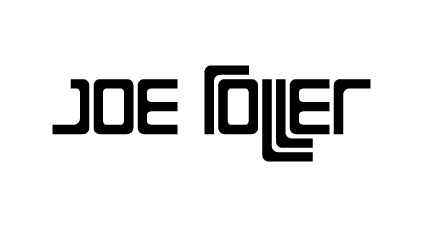
Yes, You Can Produce: Starting from Nothing
Starting a hobby or career in music production is very simple even if you never played an instrument before. I’ll tell you what you need to know to get started from an honest perspective. We’ll discuss it in more detail, but in order to get started all you need is the right attitude, some time, a decent computer, and the right software.
Yes, it’s that easy to get started. No, there aren’t some super-secret barriers I’m hiding. If you can point and click, and can navigate your computer’s filesystem, you already won half the battle.
Don’t feel intimidated if it’s something you always wanted to try. Are you waiting for a sign to start? Well, this is it. Let’s talk about what I mean in some more detail.
1) Have the Right Attitude
Focus on the big ideas, not the details. I guarantee that 99.99% of what people discuss in forums is pointless. Internet strangers are sneaky devils. While most intend well, they also don’t know what they’re doing, they aren’t accountable for wasting your time, and they won’t give your time back to you after they took it.
Internet strangers focus too much on the details. You didn’t get into production to debate compressor circuit types with people who never worked in studios. Audiences don’t care whether the new version of Ableton is better than the old one. You don’t now, and you shouldn’t down the road. Focus on the music. Focus on the magic a beautiful piece of music brings to your life.
Think about these questions instead. What made you want to make music? Are you inspired by an artist? Do you want to see how the magic is made in the studio? Do you have a passion for technology? Do you have a passion for doing something new?
Or are you inspired by life itself? Do you have experiences that you want to channel into the music you made? Do you want to transport people to another place, or do you want to make the present moment better?
What is the role of music in your life?
What specific moments in a piece of music you like make you feel a certain way? Why?
How is music made? Is music a reflection of the artist? Or, does the artist channel music from somewhere else? How do you know? Are there any people who wrote about this?
There aren’t answers to these questions. But, keep these ideas in mind. My answers change, but the questions stay the same. Maybe the question has more truth than the answer. Anyways, let’s go on to tame everyone’s biggest enemy: time.
2) Have some time
One of the biggest myths about being a musician is that you have to be a loser to do it. You don’t have to make sacrifices to produce music. It turns out you can still see your friends, game, or whatever else and still have time to make music. It’s really easy to find time to produce.
I’ll show you just how easy it is to find time to produce. Are you into gaming four hours a night? Start an hour later after you produced for an hour. Your friends won’t mind. Go to the gym three times a week? Great, produce on a night you set aside rest. Have a fling you want to keep around on Fridays and Saturdays? There’s always Sunday afternoon.
You could even produce just once a week for an hour or two. That’s better than nothing. Two hours every Saturday adds up to eight hours in a month—eight hours you didn’t spend before! That’s more time than most people ever spend in their lives making music.
Don’t let yourself get seduced by a Faustian bargain. Yes, people who only make music are losers. If you only spend your life doing one thing, that’s a horrible life to live. The art you make will suffer because it’s not informed by the richness that other disciplines, and life, provide. Musicians without other interests make boring music.
While we’re on the subject of time, give yourself a while to refine your skills. It’s ok to take a while to make your first complete track, even if it’s thirty seconds. Take some time to study music itself with guitar or piano lessons so you know how to write chords. Even if it takes you a year to make your first track, at least that’s one more track than you had before.
Don’t be hard on yourself. Your first tracks will be very bad and that’s ok. Keep in mind that someone with at least ten years of experience probably made the tracks you like, even if they’re young. Some guys start at 10; when they hit 20 they’re incredible musicians.
Don’t worry about it. If you were a writer, you wouldn’t publish your first-grade report on “How I spEnt summr.” Why would you publish the first track you made?
3) Get a decent computer
Chances are your computer is already good enough to run production software. If you have at least four cores, 8 GB of RAM, and 70 GB or so of free space you’re good to go.
Make sure you have a Mac or a Windows machine. Chromebooks and Linux won’t ever make the cut.
You’ll probably need a machine produced within the last three years. Don’t break the bank getting a new computer. You can always upgrade down the road.
4) The Right Software
Software is one of those details that people love to talk about which doesn’t matter as much as people pretend it does. What matters the most is that is you use something you like. People make all kinds of subjective judgements on music software they trick you with. Use whatever you want.
There aren’t many options for production software right now. Ableton, FL Studio, Cubase, Logic Pro, Studio One, Sony Acid Pro, and Pro Tools all will give you the result you need.
What do I use? Don’t worry about it. It doesn’t matter for you. Go and find something you like to use by downloading trials and following along with the tutorials the developers included for you. That’s the only way you’ll learn.
Go get started!

